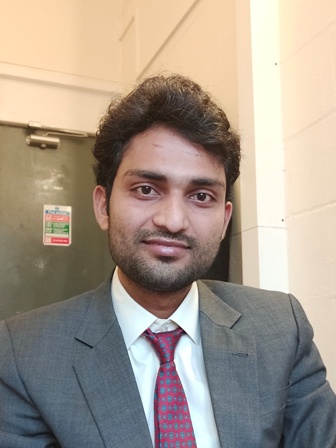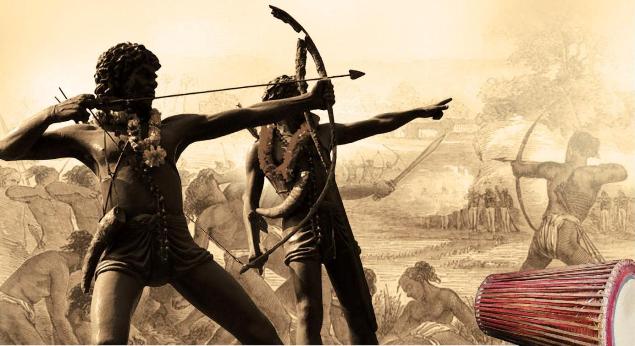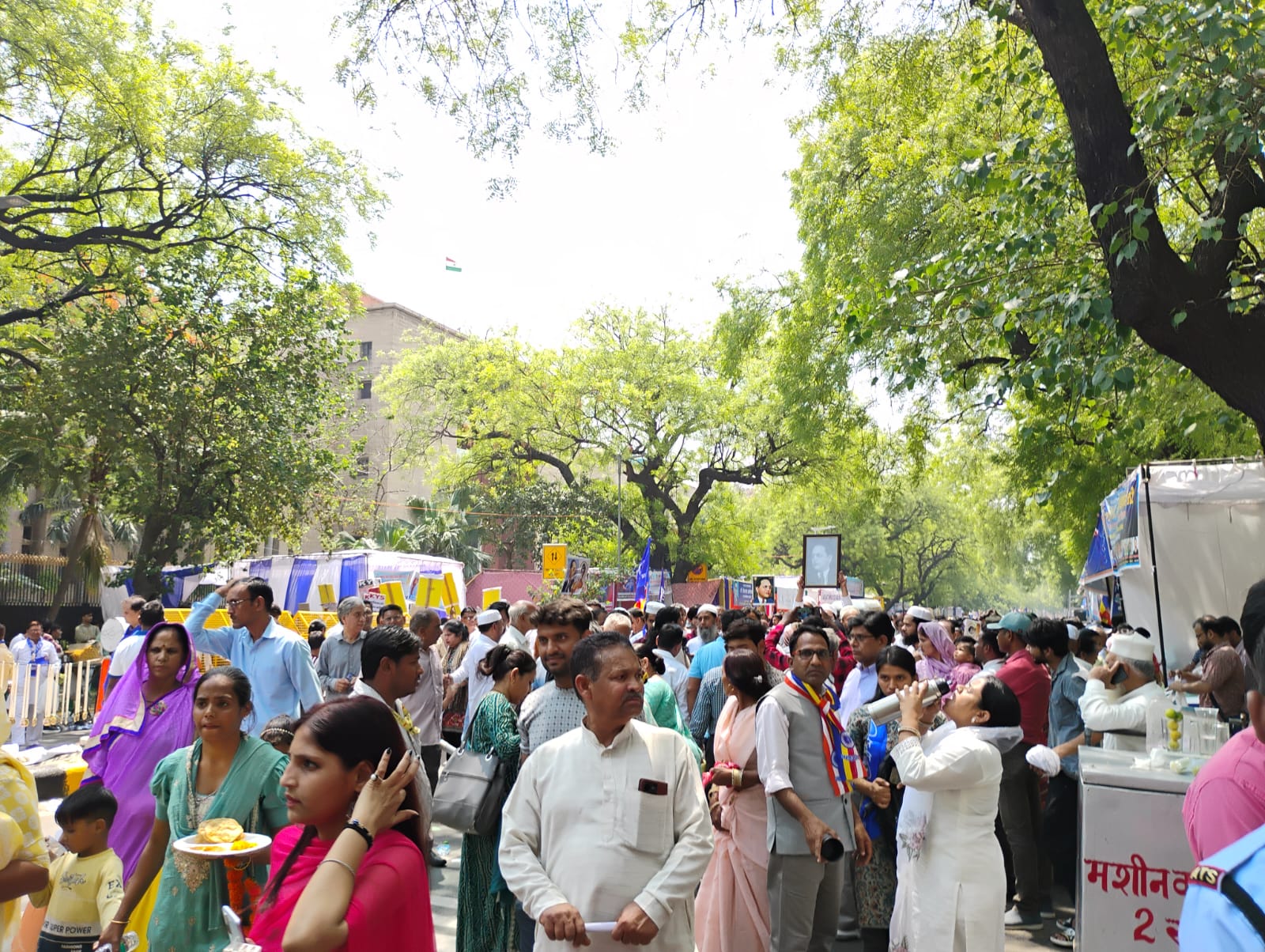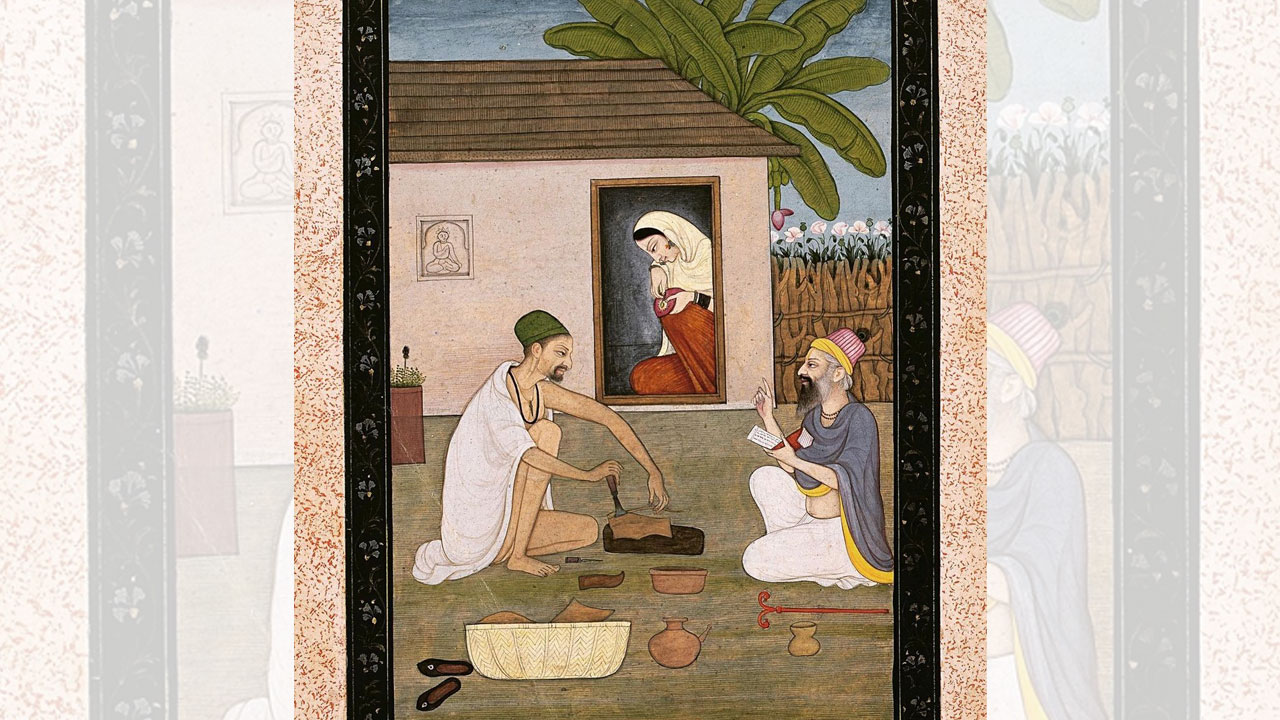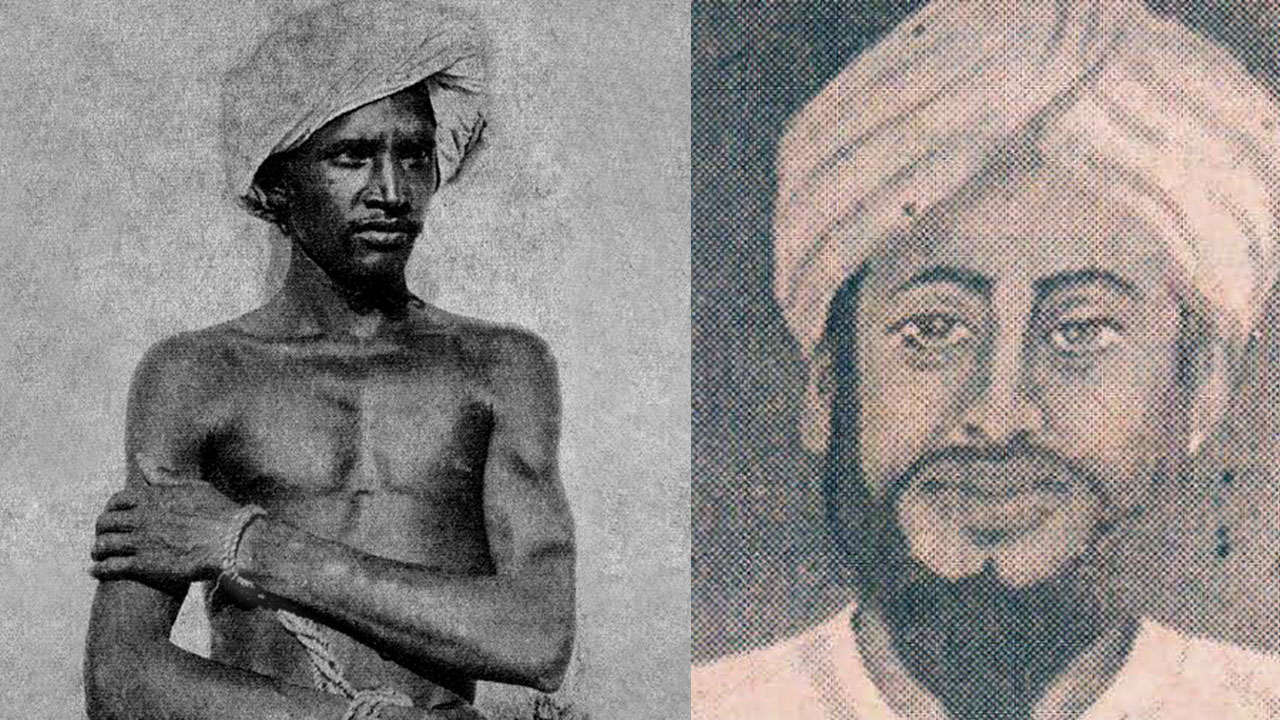The 14th April celebrations have come to an end. Since the eve of Ambedkar Jayanti, I had been filled with joy; I had been in a celebratory mood. I attended various webinars and watched many videos on the Jayanti. This month, I have revisited a few books, such as Annihilation of Caste and Castes in India, and started reading the new book by Prof Scott R. Stroud, The Evolution of Pragmatism in India: Ambedkar, Dewey, and the Rhetoric of Reconstruction. The day itself ended with a beautiful talk by my former professor and philosopher bodhi s.r. on the topic of ‘Babasaheb Ambedkar and his Will to Epistemological Freedom’. His talk took me through different frames of reality of the self and the world.
I got to know the world from Ambedkar. I owe him my worldview. Prof bodhi unravelled the concept of religion, reality, truth, existence, and survival through the eyes of Babasaheb. When the talk ended, I came across a video from my hometown in Rajasthan in which a person belonging to the Dalit community dares to touch a water pot kept at a tea shop and the shop owner attacks him. When the world was celebrating the legacy of Dr Ambedkar, here was a man asserting himself to reclaim his humanity. But when he began bleeding from his head following the assault, reality hit me.
As Prof bodhi noted, Ambedkar laid down a path for the downtrodden to will themselves to become human beings, to improve their condition – whether it is educating their children, securing jobs, enhancing their capacities or achieving mobility. We have already improved in many ways – some of us have gained power, believing that power in our hands will improve our existence. A few of us have been economically empowered. But what are the reasons that even after the attainment of power and financial independence, our lives are being subjugated and reduced to mere bodies and objects? Why does this inhuman treatment continue? Prof bodhi turns to Ambedkar for an answer and says that our minds are still imprisoned, and the will to free the mind is yet to be achieved.
As in the above-mentioned case of Rajasthan, the man – and many others like him, who assert their physical being – is worthless until they free their minds from all religious dogmas. Ambedkar offered Buddhism as the framework in which we can attain epistemology and epistemological freedom. It means embracing the Buddha, Dhamma, Sangha not merely as a concept of religion but going beyond. It is not a conversion to religion; it is a truth-seeking endeavour. The truth can be attained when we accept and understand historical events, their truth, and will ourselves to historical freedom – new history produced outside the dominant framework that reflects our historical existence and reality.

Rajasthan society is feudal and inhuman, in which the Dalit community is perceived as a non-human entity by the oppressors. If Dalits attempt to challenge this oppressive system by asserting their humanness, this is met with hostility and resistance, as it threatens the established power structure and historical patterns of oppression. The oppressors are unwilling to acknowledge the Dalits as fellow human beings, as it would force them to confront their own inhuman attitudes and actions towards the Dalit community. The recognition of the Dalits as human beings would expose the oppressors’ prior inhumanity and disrupt the existing hierarchical power structure, which they are unwilling to relinquish. This refusal to acknowledge humanity of Dalits perpetuates a cycle of oppression and reinforces the existing power structure. The denial of the Dalits’ humanity serves to further marginalize and dehumanize them, allowing the oppressors to maintain their dominant position.
The Dalits of Rajasthan participate in various Hindu religious processions and perform rituals in the hope of being recognized by their oppressors as equals. Despite Ambedkar’s efforts to encourage a shift of focus from the physical body to the mind, they still fail to comprehend his vision of conversion as a means of liberation. Instead, they remain within the confines of the same system of beliefs, norms, and customs, hoping that reform will eventually occur, allowing them to enjoy their existence within the Hindu fold like others. It is crucial to acknowledge that even minor actions such as touching a water pot, sporting a moustache, or riding a horse during one’s wedding procession can pose a threat to those who seek to maintain the social system. This indicates a fundamental flaw within the system itself. Our emancipation and liberation can only be achieved through collective unity, free-thinking, and asserting ourselves as human beings with the will to free our minds. However, this requires a completely new ideological framework, that is Navayana Buddhism. This path represents our new birth, which has nothing to do with the theory of reincarnation. Rather, it is the birth of self-realization and analysis.
